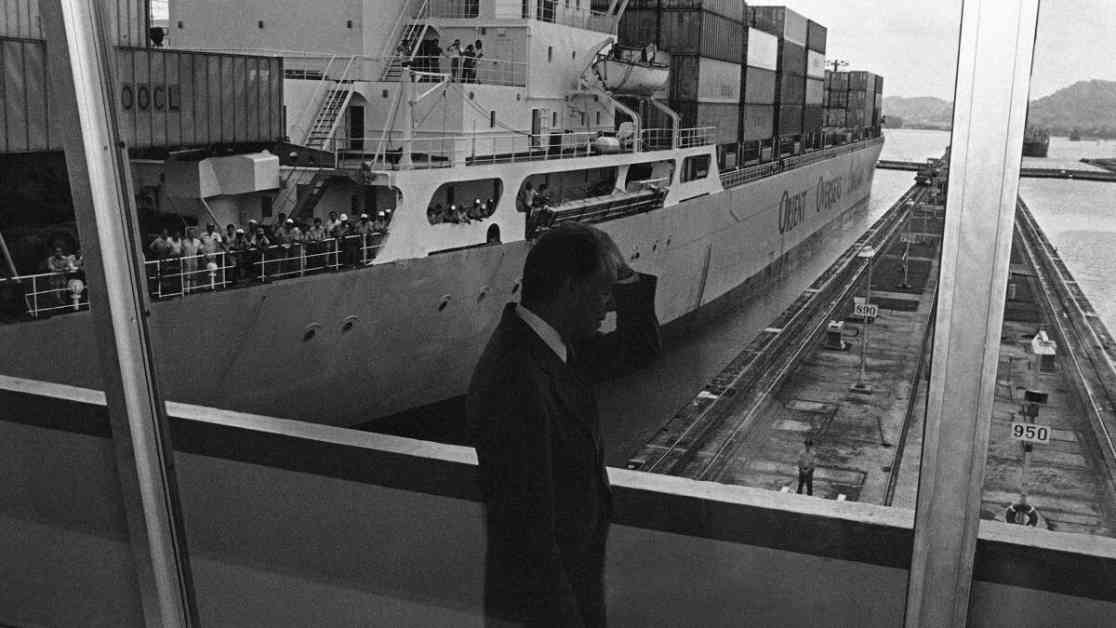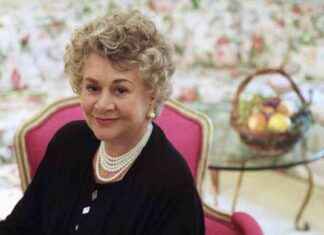Jimmy Carter’s Legacy: A Global Transformation
In the heart of Washington, a state funeral is set to commemorate the life and impact of one of America’s most remarkable figures: Jimmy Carter. This Thursday, President Biden, along with all living former presidents, will gather at the Washington National Cathedral to honor Carter’s enduring legacy that transcends time and borders.
The Transformation of a Leader
Jimmy Carter, once seen as a defeated one-term president, has undergone a remarkable transformation in the eyes of the world. From being derided as a weak leader to becoming a beacon of hope for democracy and human rights, Carter’s journey has been nothing short of extraordinary. His efforts to inject American values of altruism, democracy, and human rights into foreign policy have left an indelible mark on global diplomacy and activism.
As Keith Mines, a veteran diplomat, recalls, Carter’s impact resonated far beyond the borders of the United States. A military officer from Burkina Faso expressed a desire to visit Plains, Georgia, the birthplace of the remarkable man who inspired nations and individuals alike.
A Legacy of Peacemaking and Diplomacy
Carter’s legacy is a mixed tapestry of successes and challenges. As president, he laid the groundwork for key security platforms that continue to shape global security to this day. His commitment to human rights as the cornerstone of U.S. foreign policy had a profound impact, particularly in Latin America.
One of Carter’s most significant achievements was brokering the first peace treaty between Israel and Egypt at Camp David, a testament to his peacemaking efforts in a tumultuous region. While Carter understood the necessity of military strength, he also championed the concept of soft power, emphasizing the power of persuasion and influence in shaping international relations.
Champion of Democracy and Human Rights
Carter’s unwavering commitment to democracy and human rights reshaped America’s role in the world. By challenging repressive regimes in Latin America and advocating for democratic reforms, Carter set a new standard for U.S. foreign policy. His decision to return the Panama Canal to Panama and reduce military aid to dictatorships paved the way for democratic transitions in the region.
In moments of crisis, Carter stood as a beacon of hope for oppressed populations, as seen in his intervention in Nicaragua during the collapse of the Somoza regime. His dedication to monitoring democratic elections and promoting peaceful transitions solidified his reputation as a global peacemaker and champion of democracy.
As we reflect on Jimmy Carter’s enduring legacy, we are reminded of the transformative power of leadership and the impact of one individual’s unwavering commitment to justice and peace. Carter’s legacy will continue to inspire generations to come, reminding us that true leadership transcends borders and time.



























